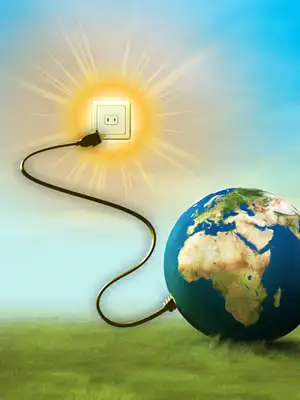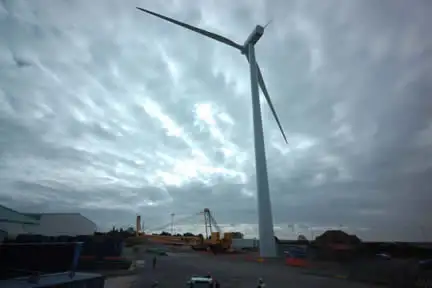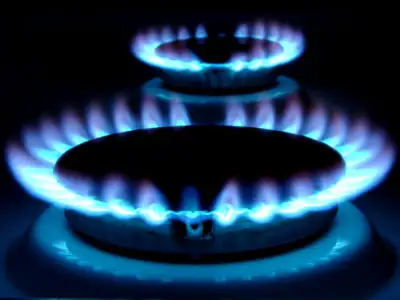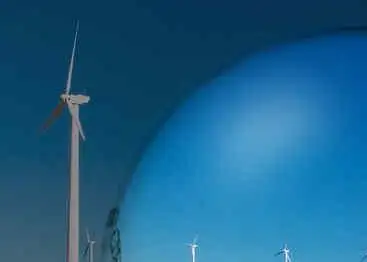Biomass Energy - Green Power Solutions

Biomass energy converts organic feedstocks into renewable power via combustion, gasification, and anaerobic digestion, enabling CHP systems, grid integration, carbon-neutral generation, improved thermal efficiency, and dispatchable biofuels for resilient electrical infrastructure.
What Is Biomass Energy?
Biomass energy produces electricity from feedstocks through combustion or digestion, enabling CHP and grid reliability.
✅ CHP raises electrical efficiency to 70% with heat recovery
✅ Gasification feeds syngas to turbines or SOFC for power
✅ Dispatchable output supports frequency and voltage stability
Biomass energy comes from biomass feedstock (crops and residues, farm animal wastes, industrial wood, etc.). The heat from this substantial renewable resource can generate electricity, fuel and other forms of energy. It has been estimated that just one eighth of the total biomass energy produced annually could provide all of humanity’s current demand for energy. For a deeper overview of how biomass fits within the clean energy landscape, see this guide on biomass renewable energy and its practical applications today.
Some forms of biomass fuels (or biofuels), derived from biomass feedstock, can be solid, liquid, or gas. Kitchen scraps, sewage, the leftovers of the food processing industries, paper, sawdust, and lawn clippings are some of the available biomass energy sources. Biomass energy has received a lot of attention because an opportunity to convert waste into something very valuable has presented itself. These pathways are often discussed alongside other forms of alternative energy that leverage different feedstocks and conversion methods.
Biomass Energy – How can we use it?
Biomass energy can be converted to generate electricity, fuel vehicles and heat buildings using biofuel technologies. At the moment, biomass energy sources used in power plants include agricultural and farm residues, food processing residues, wood residues and methane gas from land fills. Biomass energy producers hope to significantly expand the supply of biomass energy by using trees and grasses as well. In power markets, biomass can contribute to renewable electricity portfolios alongside wind and solar resources.
Currently, there are more than 350 biomass energy plants generating 7,000 megawatts of biomass power in the United States. The producers who own these plants are quite diverse; they range from the electrical utilities, independent power producers, the wood manufacturing industry, and the pulp and paper industry. Such facilities are part of broader trends in renewable power generation that emphasize reliability and grid integration.
Biomass energy is considered a renewable energy source because it can replenish itself (regrown), unlike fossil fuels such as coal and oil, which when used, are gone. And, unlike coal and oil, biomass energy is an alternative energy source because it doesn’t hurt the environment with harmful chemicals, such as carbon dioxide, which cause greenhouse gas emissions (GHG). Using renewable biomass resources not only reduce greenhouse gases, but they also reduce air pollutants and landfill wastes. This classification aligns with definitions of alternative energy that prioritize low emissions and resource sustainability.
As policies evolve, many jurisdictions frame biomass within broader renewable alternative energy strategies that support decarbonization goals.
Biomass Energy in Today’s Marketplace
Within the spectrum of renewable energy sources, biomass competes and collaborates with wind, solar, and hydro depending on local resource availability.
- High costs in handling and transportation, as well as high moisture content, have long outweighed the low price of biomass energy feedstocks. Fuels that are filled with moisture are hard to burn properly and heat release is slow and hard to control. However, fuel upgrading options, such as pelletization and drying remedy this situation, thus making biomass energy more economically attractive.
- Biomass energy can also make be useful in blending and co-firing applications with coal because of the low SO2, NOx, and metals emissions from biomass energy fuels, and their CO2 neutral status.
Biomass Energy – Benefits of Cogeneration
Cogeneration, the practice of producing both electricity and useful heat, is a great way of improving energy efficiency. Some sawmills, for example, use a lot of heat from boilers powered by biomass energy to supply energy to their kiln-drying operations. But any extra heat can help gasify biomass energy fuels so they can be used in a gas turbine, which is more efficient than a simple steam boiler. Additional savings can be produced by using combined cycle technology, which takes additional waste heat from the gas turbine to give power to a steam-driven turbine.











